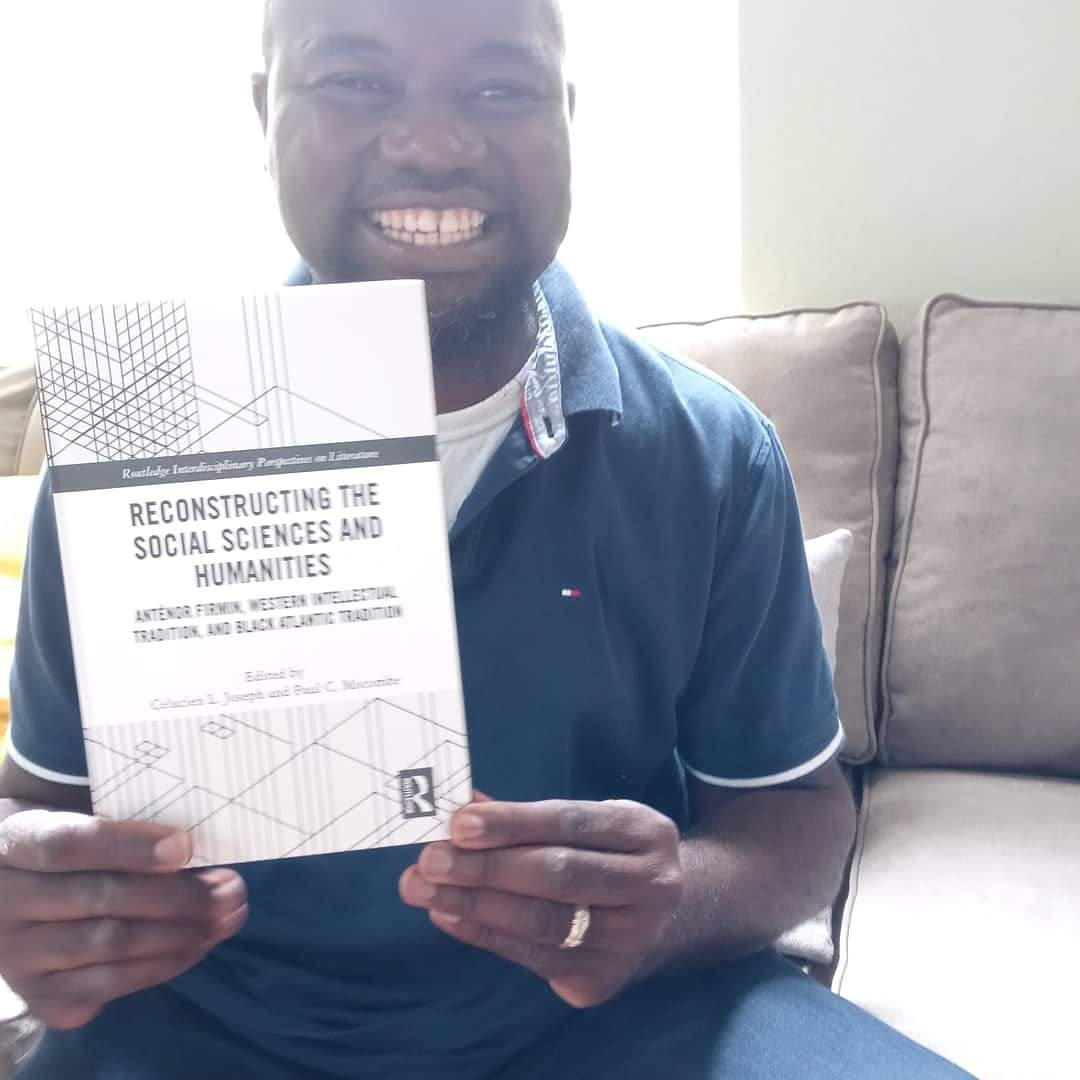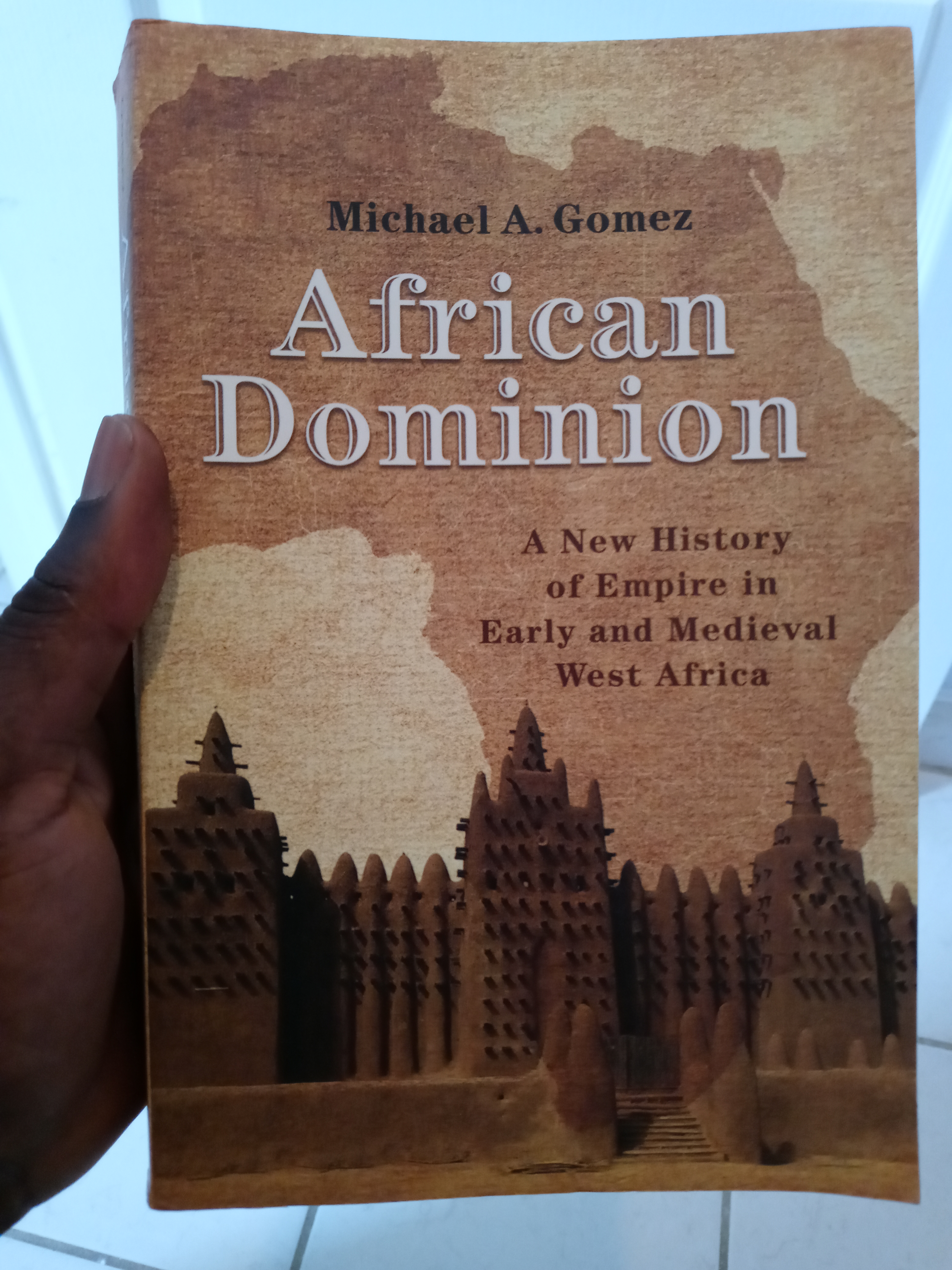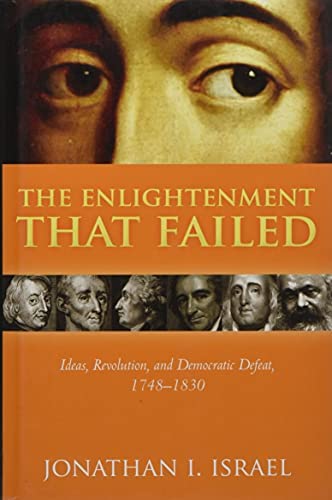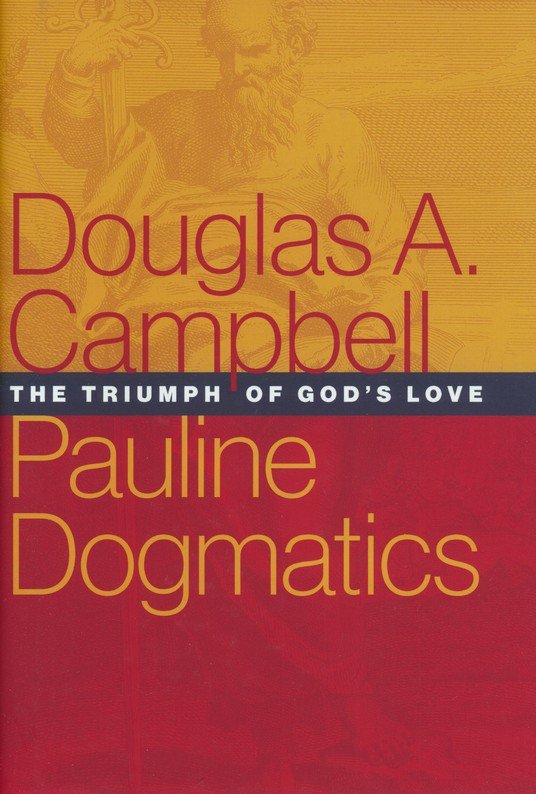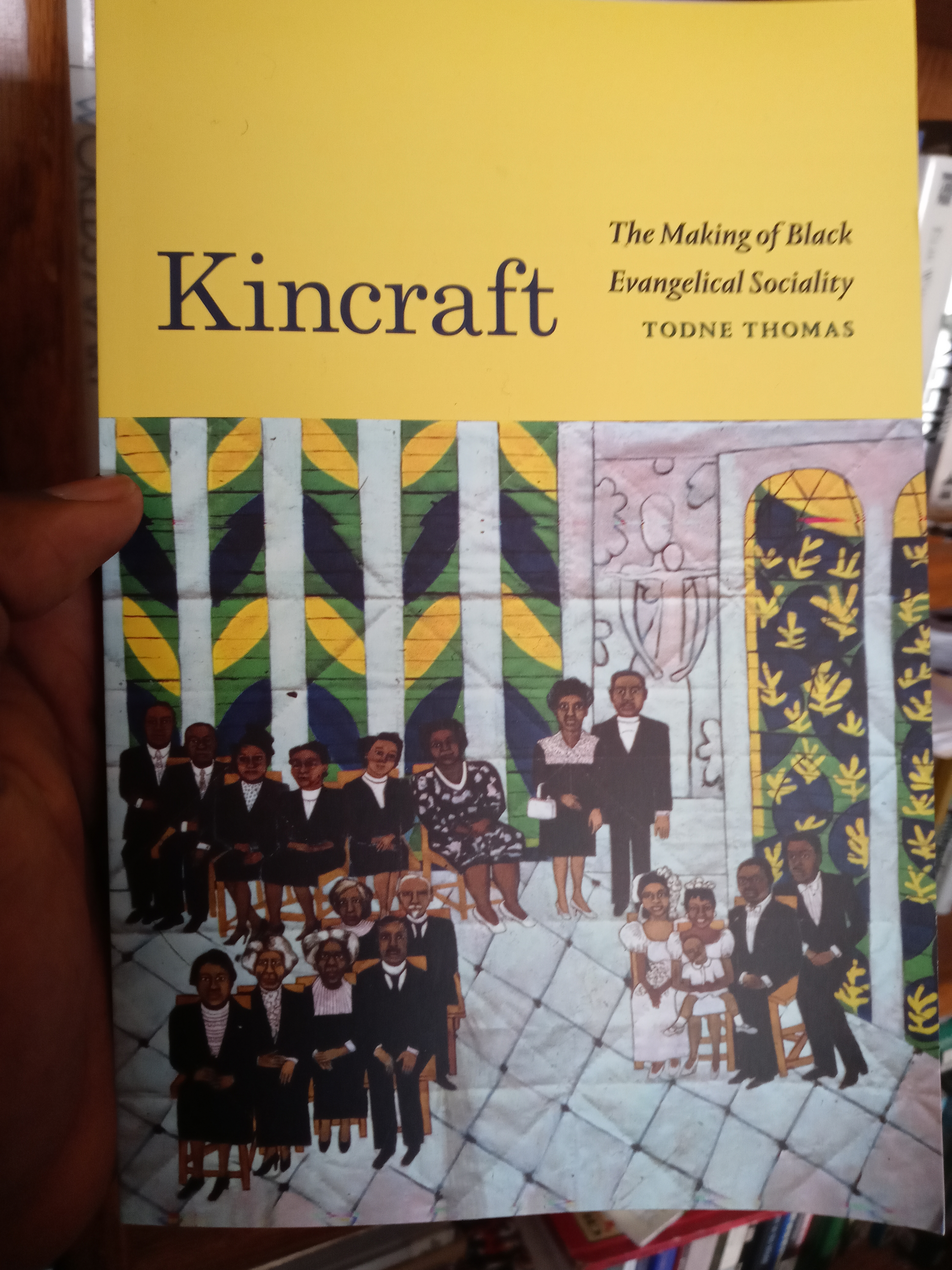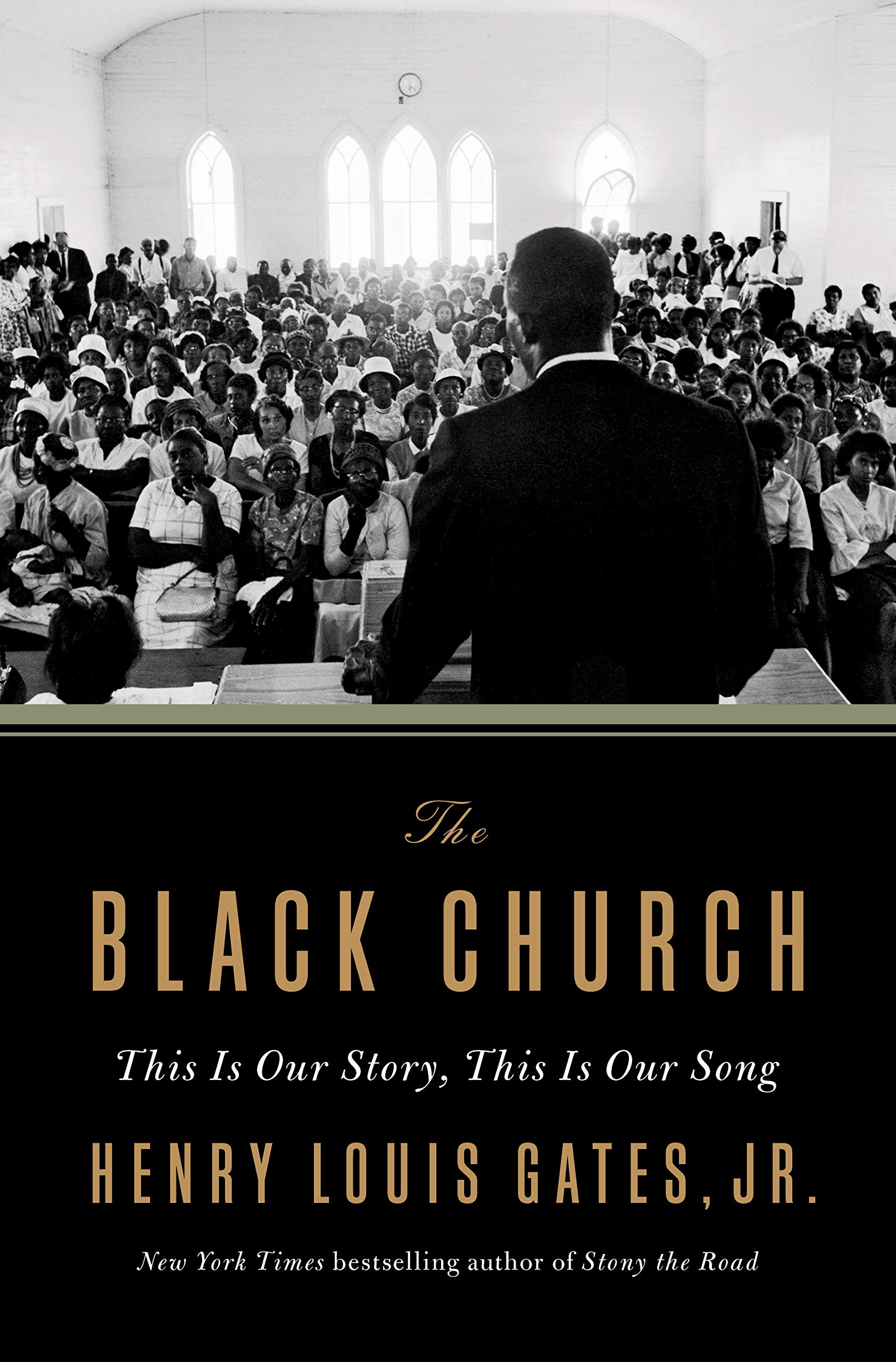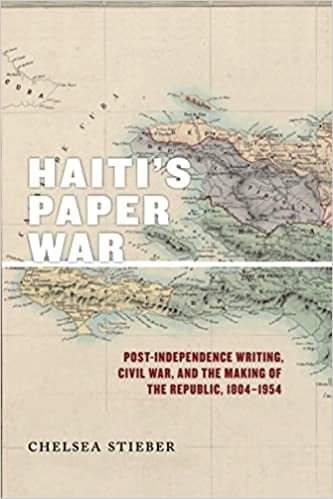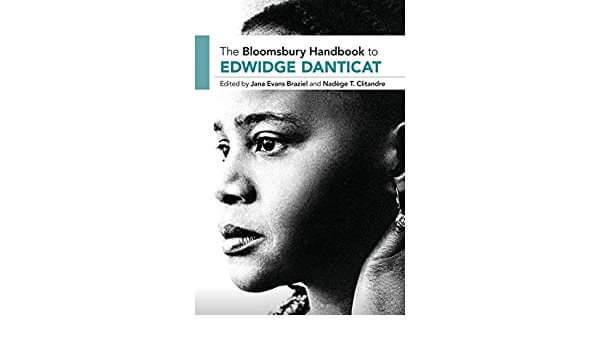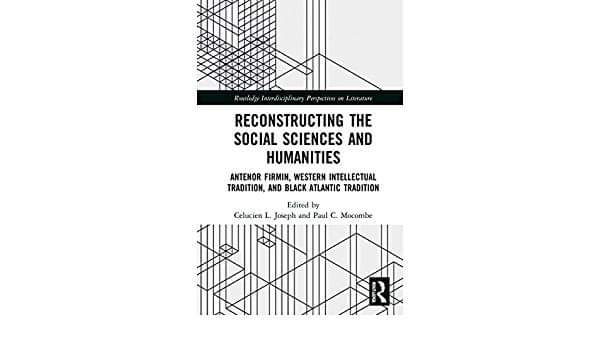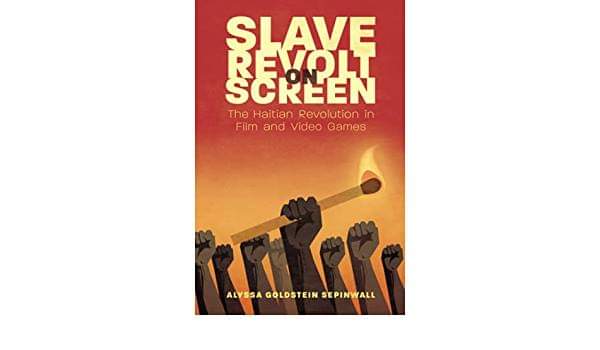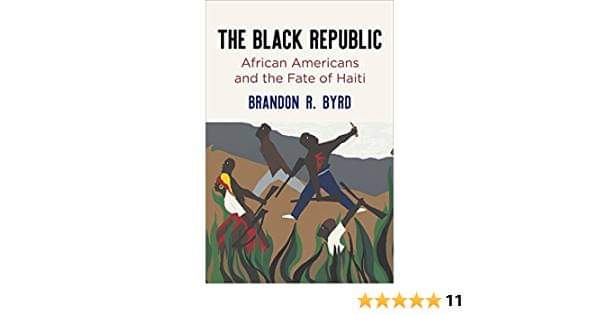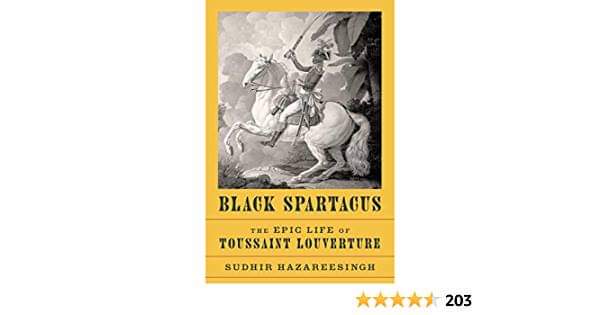“Pray for ALL People and the Common Good of ALL Nations:
How Should Christians and the People of God Respond to the Modern Crisis between the Nation of Israel and Palestine?”
When the Bible commands the people of God to pray for the peace of Jerusalem (Psalm 122:6), it does not forbid God’s people to pray for the peace of Palestine nor to exclude other nations and peoples in Christian prayers, concurrently. In fact, Scripture strongly encourages Christians and the people of God to utter intercessory prayers for all peoples and all nations, respectively. As it is stated in Scripture, “First of all, then, I urge that supplications, prayers, intercessions, and thanksgivings be made for all people, 2 for kings and all who are in high positions, that we may lead a peaceful and quiet life, godly and dignified in every way” (1 Tim. 2:1-7). In this sense, the Christian prayer is universal, inclusive, and non-discriminatory; its driven motive is peace-building and the promotion of human dignity and worth. In this passage, prayer is depicted as a weapon of peace and stability, construction and deconstruction.
Correspondingly, the Christian prayer has an ethico-political purpose: the political peace and stability of the nation-states, and the common good and welfare of all people. Yet one should remember that prayer is about negotiation with the Divine/God the same way peace-making or peace-building requires the process of democratic intent and the deliberate negotiation between political leaders and national and international citizens of the world. In other words, God does not grant national peace apart from human negotiation. National peace is also the work of the nations and their leaders. God, the leaders, and the people they guide work hand in hand and in unqualified solidarity to foster peace, a politics of relationality, and an ethic of mutual respect.
The people of God do not just pray exclusively for the people they love, such as their friends, co-workers, and family members; it is the contrary. Jesus, in the Sermon on the Mount, instructs his followers and the people of God to be kind and generous through intercessory prayers for the welfare of their enemies and the common good for the people who do not like them. As it is observed in this important passage, “44 But I tell you, love your enemies and pray for those who persecute you, 45 that you may be children of your Father in heaven. He causes his sun to rise on the evil and the good, and sends rain on the righteous and the unrighteous” (Matthew 5:44-45). Accordingly, the centrality of Christian prayer is to make the Christian an engaged human being and a participatory citizen in human affairs and the divine project in the world. It can also be stated that the purpose of Christian prayer is to make the Christian a more reflective individual who does not overlook the weight of violence in his or her community and the burden of evil in contemporary times. This passage also suggests that prayer has a humanitarian and humanistic value; it is simply about imitation, that is, being and acting like God through his kind intentions and unmeasured goodness toward all people and nations.
In the spirit of Psalm 122:6, to wish divine shalom upon a country or a nation should not be equated with the license to ignore a country’s wrongdoings and its habit of violence and violation of human rights, as it is the case between the nation of Israel and the nation of Palestine. The call to intercessory prayers for the peace of Jerusalem is also a clarion call to hold the nation of Israel accountable for its deliberate mistreatment of the nation and people of Palestine, as God despises all manners of injustice and all forms of exploitation toward his image bearers. God gives justice and grace to the oppressed and the marginalized of the world (“The Lord is a refuge for the oppressed, a stronghold in times of trouble”: Psalm 9:9; “The Spirit of the Lord is on me, because he has anointed me to proclaim good news to the poor. He has sent me to proclaim freedom for the prisoners and recovery of sight for the blind, to set the oppressed free, to proclaim the year of the Lord’s favor”: Luke 4:18-19). God punished the nations of Sodom and Gomorrah for their wickedness and violence (Genesis 18:20-33), and he judged the nation of Assyria for its arrogance and practice of violence (Isaiah 10:12, 5-19), and the nation of Babylon for its guilt, vengeance, and unjust diplomatic dealings with the neighboring nations (Jeremiah 56:6-56). The God who acts, sees, intervenes, and liberates always does so through personal, collective, and intercessory prayers.
Prayer is a divine gift for all people, and God has designed prayers to be a universal blessing for all nations and all peoples of the earth. To pray for Jerusalem is not a command to Christians and the people of God to support blindly the nation of Israel in all its undertakings toward its neighboring nation: Palestine. Christians and the people of God should not use the gift of prayer to promote nationalism, Zionism, anti-Semitism, and anti-Palestinian racism and xenophobia. Prayer as a universal and inclusive gift transcends all forms of human hatred, hostility, and violence. Intercessory prayers should be launched, in its weaponry sense, to fight injustice, human rights violation, genocide, and unnecessary death.
The art of Christian prayer invites human accountability, openness, and honesty (“For I know my transgressions, and my sin is always before me”: Ps. 51:3). It also includes the process of personal and collective confession and mourning (“Deliver me from the guilt of bloodshed, O God, you who are God my Savior… a broken spirit; a broken and contrite heart you, God, will not despise”: Ps. 51:14; “Lord, the great and awesome God, who keeps his covenant of love with those who love him and keep his commandments, 5 we have sinned and done wrong. We have been wicked and have rebelled; we have turned away from your commands and laws. 6 We have not listened to your servants the prophets, who spoke in your name to our kings, our princes and our ancestors, and to all the people of the land”: Daniel 9:4-6). As it is inferred in these passages, God is against all forms of human and state violence and injustice—even those committed by the people of God and Christians. Nonetheless, he uplifts the nations and the peoples who are committed peacemakers and peace-builders (Matthew 5:9), and those who pray purposefully for the good health and welfare of their friends and their enemies, with the same passion and zeal.
Finally, we should remember that Christian prayer is a political act since it includes the political leaders of the nations, involves the kingdoms of this world, and is concerned with the political activities and interventions of the nations, respectively. Prayer is also a spiritual activity since humans address it directly to God, a divine Spirit/Being, and it is a divine design to improve one’s spiritual journey and intimacy with God. Prayer as a form of theological engagement draws us near the Divine and his Spirit; as a theological expression and disclosure, prayer gives us access to the deep things of God (i.e. his projects and plans for his people and the nations) and to the depth of his Being and essence. From this perspective, prayer is a form of human radicalness and divine openness. The prayer that aims at fostering peace, national unity, and political accord between nations and peoples is the one that God honors. Let us continue to offer candid and revolutionary intercessory prayers for the preservation of peace and tranquility, human rights and dignity, and the freedom and political freedom of the Palestinian people and of all exploited people and all subjugated nations of the world.
